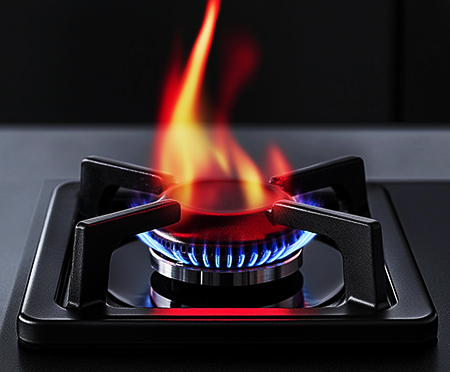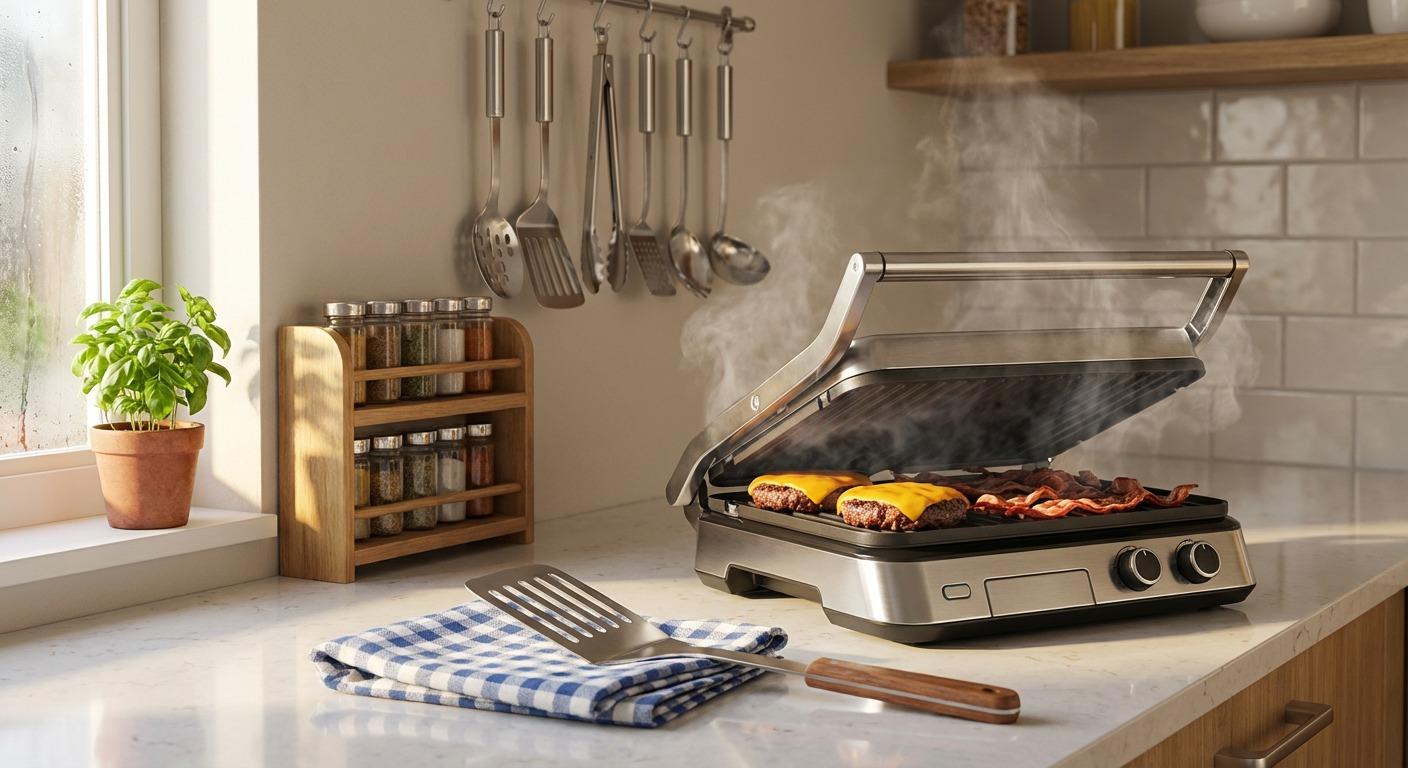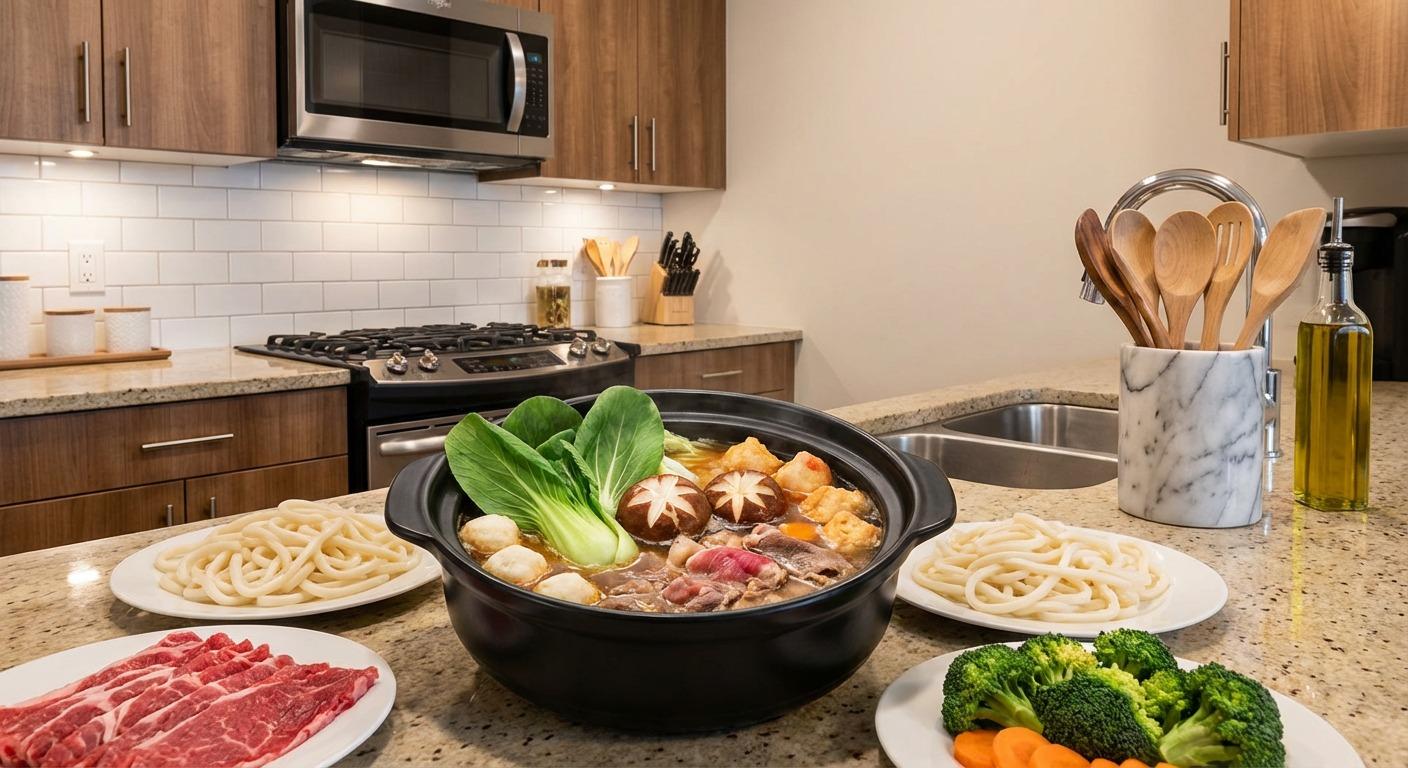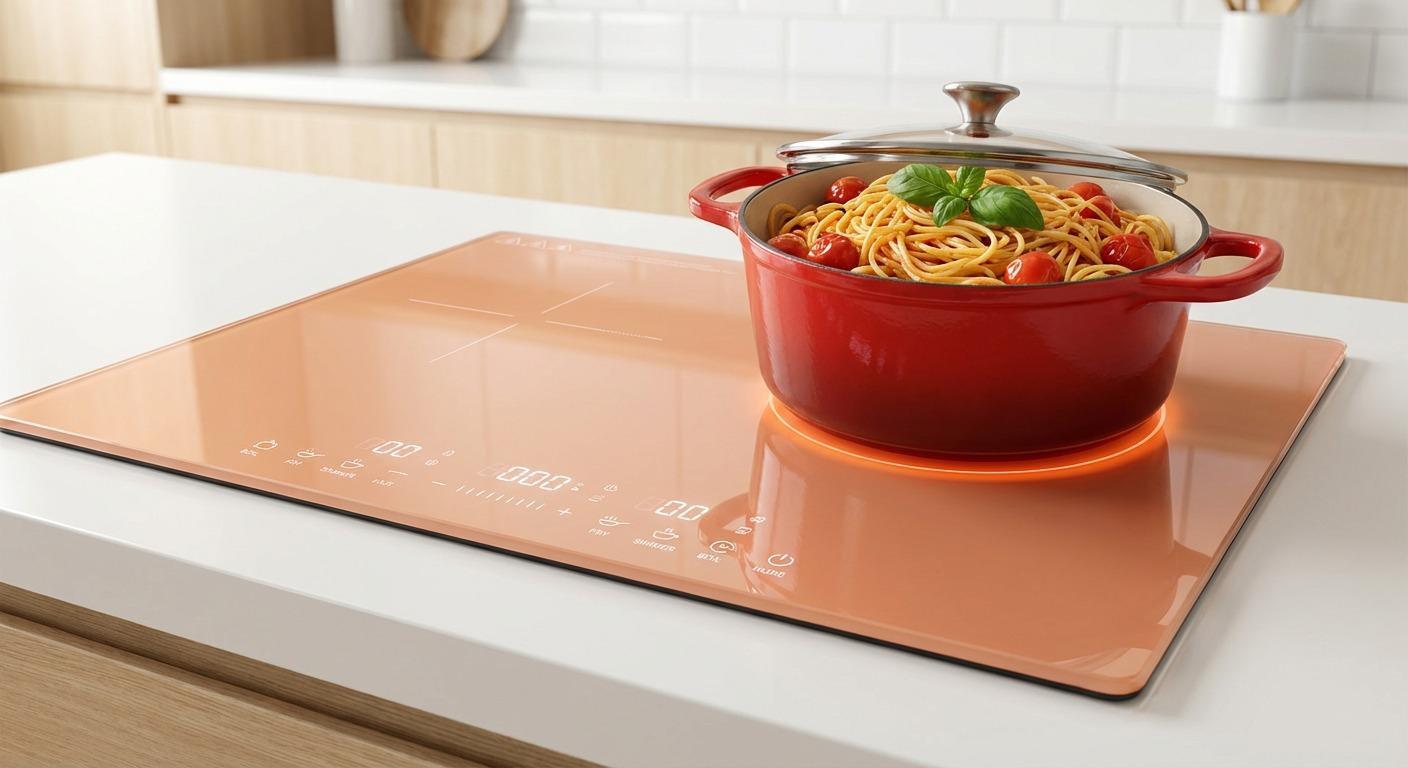Keeping your hens happy and healthy requires meticulous care, and one of the most important factors is ensuring they have access to enough water. Hydration plays a crucial role in their well-being, from laying quality eggs to maintaining overall health. If you’re wondering, "How much water do hens need to drink every day?" this guide will provide all the essential details you need to support your flock effectively.
Understanding a Hen’s Daily Water Requirement
Hens, much like any other living creature, need water to regulate body functions, maintain temperature, and support digestion. The amount of water they consume daily depends on several factors, including their size, age, diet, and environment. On average, a healthy hen needs around 500 to 650 milliliters of water per day. However, this requirement may increase during warmer months or if they are laying eggs consistently.
Water intake is particularly crucial for hens in the egg-laying phase. Eggs are composed of about 75% water, making hydration an integral part of successful egg production. If your hens don’t get enough water, it may lead to reduced egg production, irregular egg sizes, or even health issues like dehydration.
Environmental Factors That Influence Water Consumption
To ensure your hens stay hydrated, it’s important to consider how environmental factors may impact their water needs. Higher temperatures, for example, can cause hens to drink more water to stay cool. During a heatwave, they may need up to double their regular water intake to stay comfortable and avoid heat stress.
Moreover, hens fed on dry feeds, such as pellets or grain-based diets, tend to drink more water as compared to those consuming fresh greens or wet mash. Be sure to monitor their consumption so you can adjust accordingly during changing seasons or feeding regimens. By understanding these factors, you can proactively ensure your flock’s hydration requirements are always met.
Tips for Providing Fresh and Clean Water
When it comes to hydration, offering clean, fresh water at all times is essential. Dirty water can harbor bacteria and other harmful pathogens, which can lead to illness in your flock. Here are some tips:
1. **Use Clean Containers:** Always use food-grade, non-toxic water containers. Plastic or metal containers are ideal, provided they are regularly cleaned.
2. **Change Water Frequently:** Change the water daily to prevent stagnation and contamination. In warmer months, consider refreshing it twice a day to keep it cool and palatable.
3. **Check for Blockages:** Ensure water dispensers, nipples, or drinkers are functioning correctly. Blockages can prevent hens from accessing water even if it’s present.
4. **Place Strategically:** Keep water containers in shaded areas during hot weather to prevent water from overheating. In winter, take measures to prevent water from freezing.
Recognizing Signs of Dehydration in Hens
Dehydration can have severe consequences for your hens, so it’s important to watch for key warning signs. Symptoms of dehydration include lethargy, reduced egg production, pale combs, or excessively dry droppings. If you notice any of these signs, ensure your hens have immediate access to clean drinking water and observe if their condition improves.
In more severe cases, such as prolonged deprivation of water, hens may show signs of drooping posture or labored breathing. These are critical situations, and you should consult a veterinarian promptly.
Encouraging Hens to Drink More Water
Sometimes hens may not drink enough water because of stress, illness, or changes in their environment. If you notice a decrease in water consumption, you can take these steps to encourage them to drink more:
- **Add Electrolytes:** For stressed or sick hens, adding electrolytes to their water can stimulate hydration and replenish lost minerals.
- **Provide Multiple Drinking Stations:** If you have a large flock, ensure there are multiple water stations available, especially if dominant hens are preventing others from accessing water.
- **Keep it Cool:** Water at an ideal temperature encourages drinking. In the summer, add ice cubes to keep it cool and refreshing.
By implementing these strategies, you can ensure that all members of your flock stay hydrated, happy, and productive.
The Importance of Consistent Access to Water
Water is an essential requirement that should never be overlooked. Even a few hours without water can disrupt a hen’s routine and affect their health. Consistency is key—ensure your water systems are reliable and always accessible. Automatic waterers are a great investment as they streamline the process while ensuring your flock stays hydrated throughout the day.
Remember, water is not just a basic necessity but a foundation for better health, happier hens, and higher-quality eggs. By understanding the intricate relationship between hydration and your hens’ overall well-being, you can provide them with the care they deserve.







